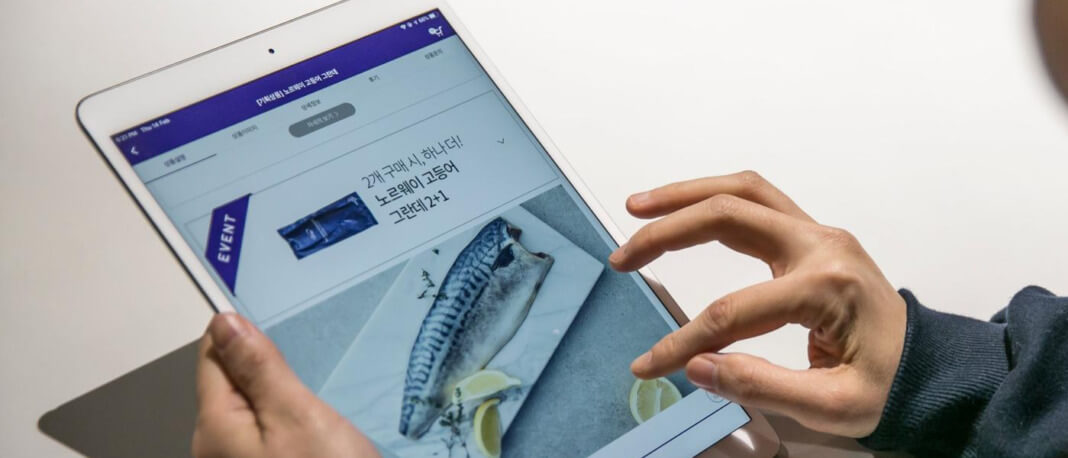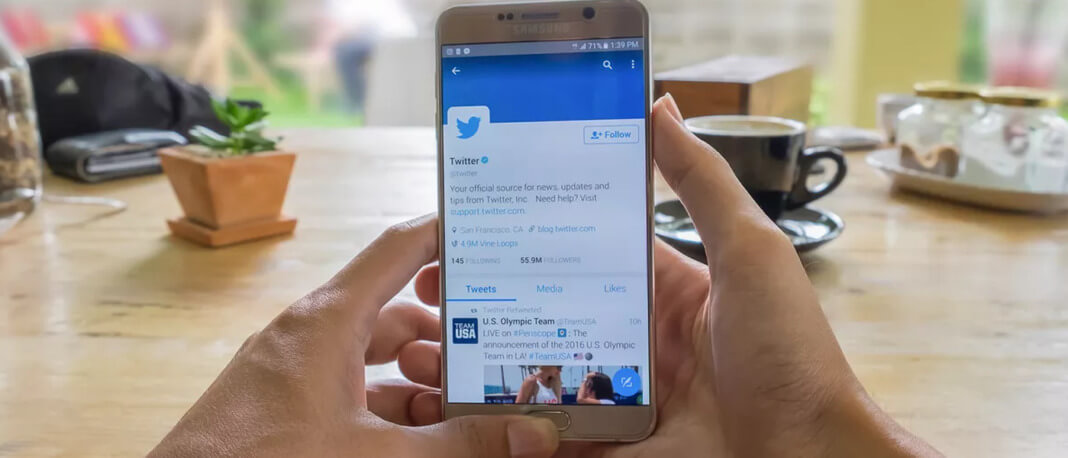A Korea-based startup, Kurly recently raised a total of US$150 million in new funding that came from existing investors from Hillhouse Capital, Sequoia Capital, and Digital Sky Technologies (DST), Korean Investors reported, citing that its source was familiar with the matter.
This Series E funding round now takes the total funding for Kurly to US$346 million dollars, and the firm is currently valued at approximately US$780 million, the report further stated. Kurly’s recent funding before the Series E was the Series D funding whereby it bagged US$113 million.
Sophie Kim, former Temasek, and Goldman Sachs analyst, launched Kurly, or also known as Market Kurly, in 2015. It allows users to order groceries such as vegetables, bread, and eggs through its website, and they get to receive them the following morning.
This funding round follows the recent increase in demand for online shopping amid the COVID-19 outbreak. However, Kurly’s foreign investors noted that the company had to reach and, if possible, surpass its proposed sales target.
The new funds come months later after some reports claimed that Kurly was in consideration to be acquired by CJ Corp and Shinsegae, its main rival.
“As competition in the fresh food delivery market is becoming fierce, Kurly has fallen short of expectations compared to its early stage. But its strong brand is the most appealing factor for investors,” stated one of the sources.
Last year, Kurly reported losses of approximately US$80.3 million even though its sales were almost triple, standing at US$354 million. Another online mall, SSG.com, reported losses in 2019 as well, with Coupang, a SoftBank-backed platform expected to report a rise in shortfalls.





